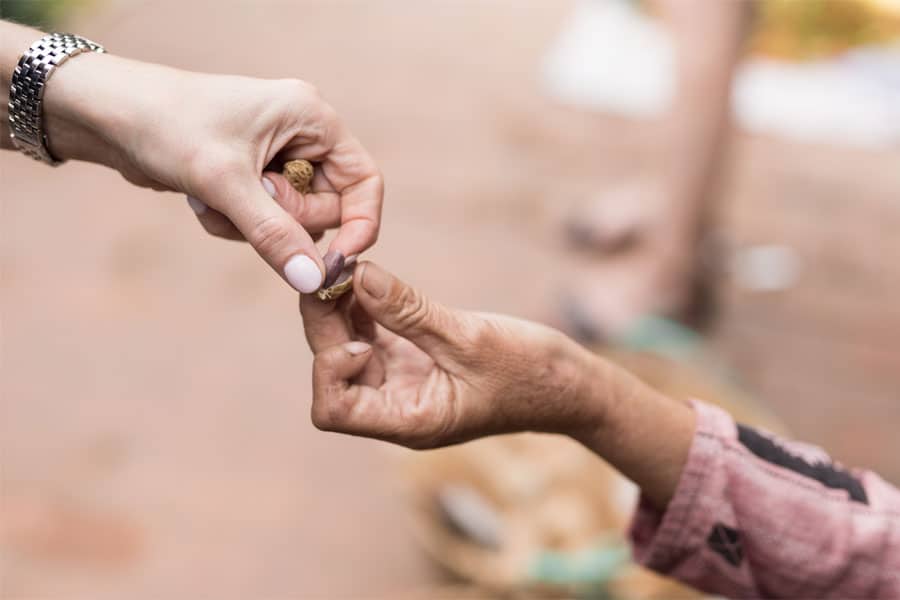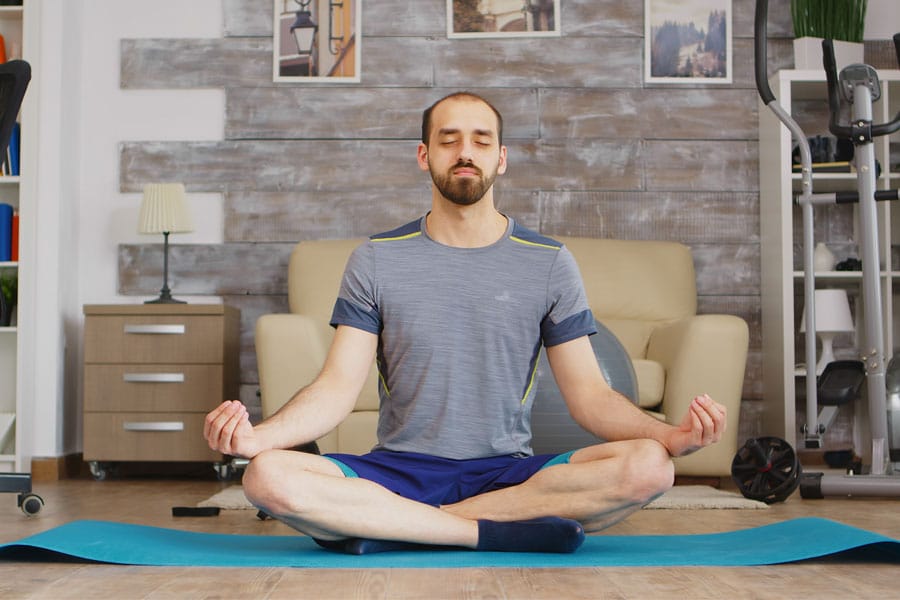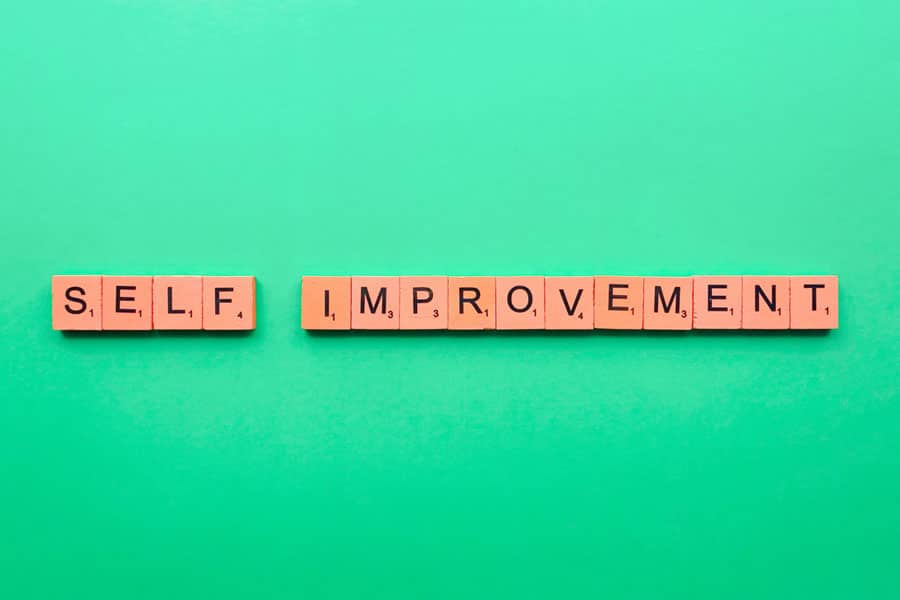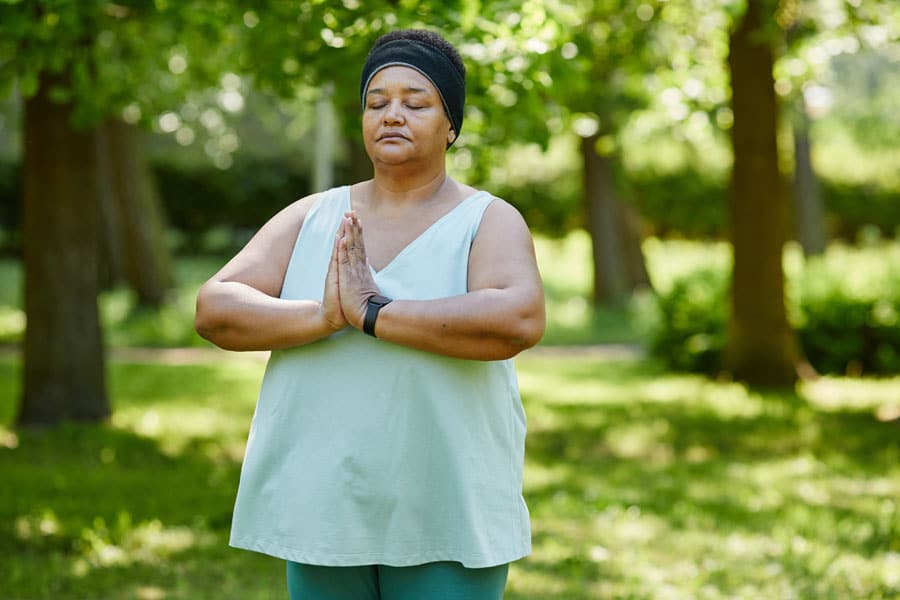One of the tendencies when people are under pressure is to act in a tense rather than relaxed way. As the whole body is a processing system, when the mind tenses so does the body.
By either relaxing the body or finding the mental cause for the tension, we are able to change the default of tension. We can bring the mind and body back to its natural state of relaxation, and create a relaxed versus tight/contracted way of being with life events.












